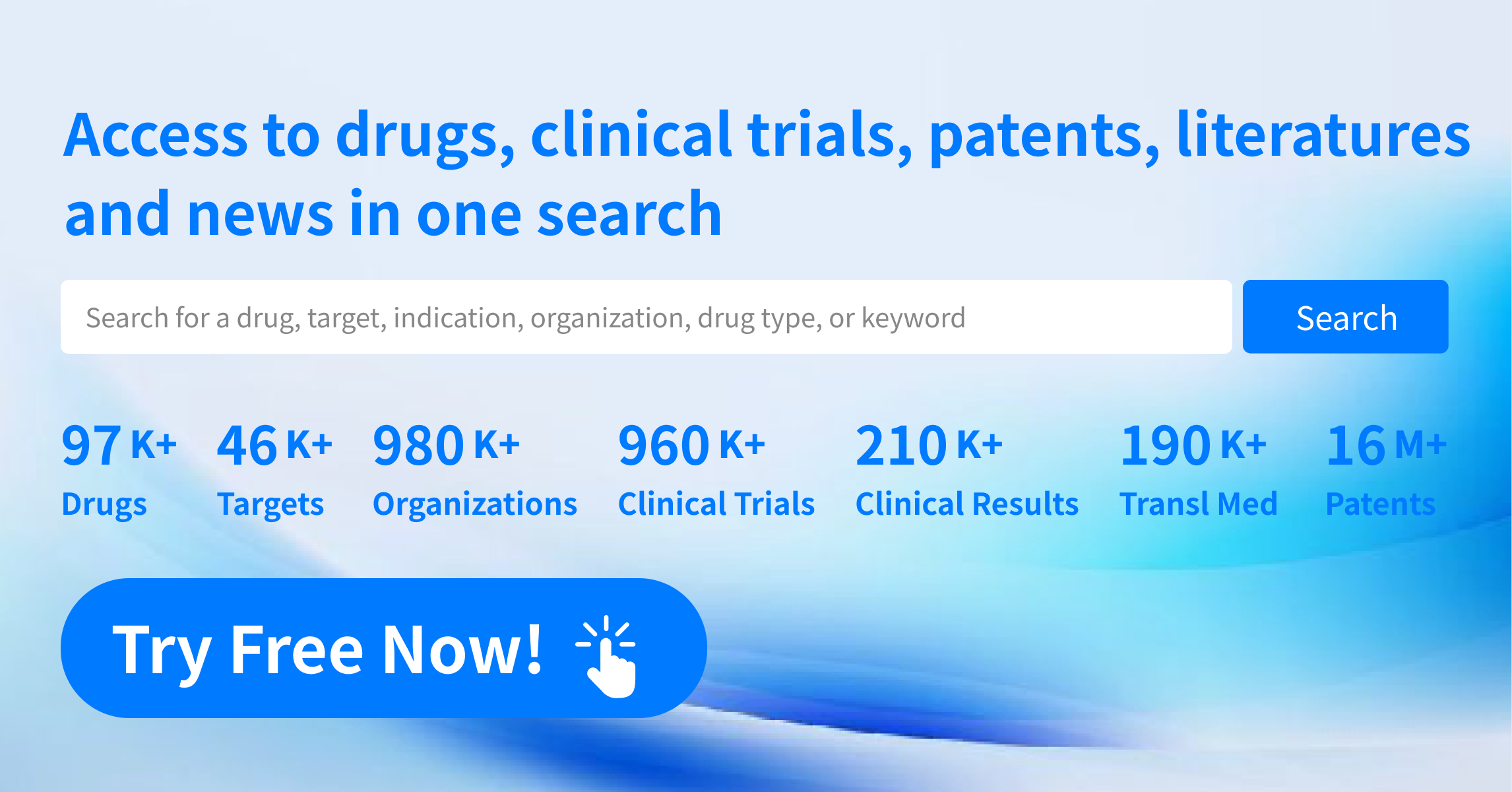Biogen and Neomorph Collaborate on Developing Multiple Molecular Glue Degraders
On October 29, 2024, Biogen and Neomorph announced a research collaboration to discover and develop multiple molecular glue degraders aimed at treating Alzheimer's disease, rare neurological disorders, and immune diseases.
Under the terms of the agreement, Neomorph will receive an upfront payment and is eligible for further payments based on achieving milestones at different phases of the collaboration. These include preclinical, clinical, regulatory, commercial, and sales milestones, with the total potential amount reaching up to $1.45 billion. Additionally, Biogen will cover part of the research and development costs.
About Neomorph
Neomorph is a biotechnology company focused on discovering and developing innovative drugs targeting "undruggable" targets to tackle crucial human health issues. The team is composed of leading experts in protein degradation and molecular glues and maintains significant connections with the Protein Degradation Center at Dana Farber Cancer Institute. In December 2020, Neomorph announced securing $109 million in Series A financing to advance its proprietary targeted protein degradation platform and specific project development. As of now, the company has not disclosed any products entering clinical stages.
In February 2024, Neomorph announced a collaboration and licensing agreement with Novo Nordisk for the discovery, development, and commercialization of multiple molecular glue degraders. According to the agreement, Neomorph will receive an upfront payment, near-term milestone payments, and research and development funding, with the total potential value of the transaction reaching up to $1.46 billion, together with tiered royalties.
Deals in the Molecular Glue Degrader Field This Year
This year, over a dozen collaborations have been announced in the degrader field. Notably, this month, both Pfizer and Novartis have disclosed further developments in deals related to molecular glue degraders. On October 15, TRIANA entered a strategic collaboration and licensing agreement with Pfizer to discover novel molecular glue degraders targeting various diseases, including oncology. Under the terms of the agreement, TRIANA will receive $49 million as an upfront payment and could earn over $1.5 billion in potential future milestone payments plus tiered royalties. TRIANA will be responsible for discovering and identifying potential drugs; Pfizer will have the exclusive option and license to conduct further preclinical and clinical development. On October 28, Monte Rosa Therapeutics announced a global exclusive development and commercialization license agreement with Novartis. Novartis will acquire a clinical-stage molecular glue named MRT-6160, providing Monte Rosa with an upfront payment of $150 million. Monte Rosa could potentially receive up to $2.1 billion in development, regulatory, and commercialization milestones, plus tiered royalties on net sales outside the U.S. Additionally, as per the collaboration between Evotec and Bristol-Myers Squibb, the two companies had previously signed agreements with a potential deal value of up to $4 billion. This month, Evotec announced receiving a $50 million milestone payment.
About Molecular Glue Degraders
Molecular glue degraders are small molecules that induce interactions between E3 ubiquitin ligase substrate receptors and target proteins, leading to their ubiquitination and subsequent proteasomal degradation. In contrast to PROTACs, molecular glues exhibit dual-ligand characteristics for both E3 ubiquitin ligases and target proteins, facilitating their ubiquitination. They have demonstrated the ability to degrade undruggable targets and protein-protein interactions, with a smaller molecular weight, simpler chemical structure, less spatial interference, and better druggability. However, designing molecular glues is undeniably more challenging than PROTACs. Identifying molecular glue compounds requires extensive rational research, including structural biology, biochemistry, biophysics, spectroscopy, and genomics studies.
Molecular glue degraders have shown potential in targeting undruggable proteins such as transcription factors and splicing factors. Their categories mainly include: (1) degraders targeting CRLs ligases; (2) degraders targeting cyclin-dependent kinases; (3) degraders targeting cytochrome P450 1B1; (4) degraders targeting the transcription repressor BCL6; and (5) degraders targeting the epidermal growth factor receptor. According to incomplete statistics, there are currently over 240 molecular glues under investigation, with most research focusing on areas like oncology, cardiovascular diseases, autoimmune diseases, keratoconjunctivitis, organ transplantation, anemia, and more.
How to obtain the latest research advancements in the field of biopharmaceuticals?
In the Synapse database, you can keep abreast of the latest research and development advances in drugs, targets, indications, organizations, etc., anywhere and anytime, on a daily or weekly basis. Click on the image below to embark on a brand new journey of drug discovery!




